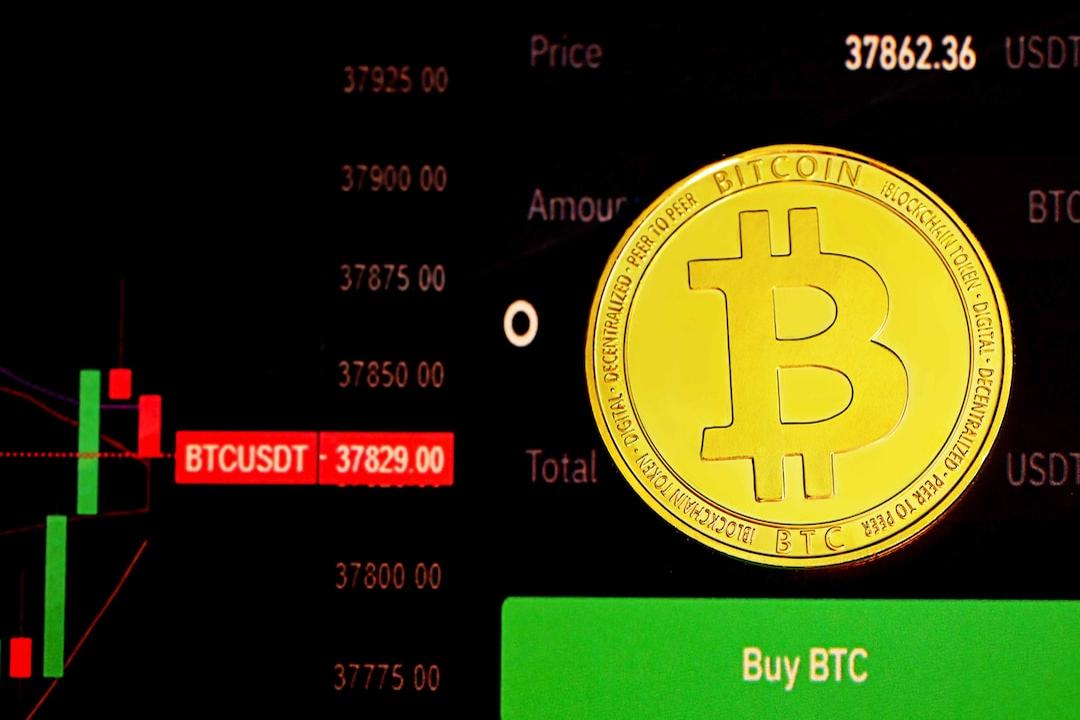Since Bolivia imposed a comprehensive ban on cryptocurrencies in 2014, it has begun to gradually relax related policies this year. The local fourth-largest bank, Bisa Bank, has launched a custody service for the stablecoin (USDT). Below is a summary of Bolivia’s transition from prohibition to the opening up of cryptocurrencies.
In 2014, Bolivia completely banned cryptocurrencies
As early as 2014, the Bolivian government prohibited the use of Bitcoin and other cryptocurrencies, believing that these decentralized currencies posed too high a risk and could harm the national fiat currency system and investors’ interests. The Central Bank of Bolivia stated that the volatility and uncontrolled nature of cryptocurrencies could lead to asset loss for the public, thus banning the circulation of all non-government issued cryptocurrencies.
In 2024, the ban on BTC and cryptocurrency payments is lifted
However, this year, Bolivia’s stance has changed, and on June 28, it officially lifted the ban on Bitcoin and other cryptocurrency payments, allowing financial institutions to engage in cryptocurrency asset transactions. The Central Bank of Bolivia stated that this move promotes economic development and aligns with other Latin American countries, gradually establishing a regulatory framework for cryptocurrencies in the region.


Following the relaxation of policies, the trading volume of digital assets has significantly increased. According to reports, the average monthly cryptocurrency trading amount reached $15.6 million from July to September this year, indicating strong market demand.


Bisa Bank launches USDT custody service, ASFI offers support
Recently, the local fourth-largest bank, Bisa Bank, launched a custody service for the stablecoin (USDT), allowing customers to buy, sell, and transfer cryptocurrency assets, as well as providing cross-border payment and asset transfer functions. Bisa Bank stated that all users will undergo strict verification processes to ensure transaction security. The Bolivian Financial Authority (ASFI) also expressed support for Bisa Bank’s cryptocurrency custody service, believing that it complies with local regulations and helps reduce risks in the cryptocurrency market while protecting investors’ rights.

